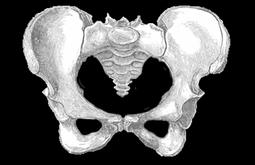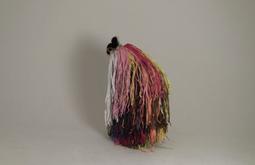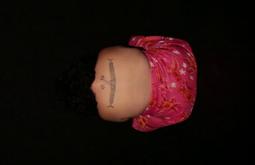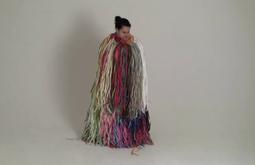"I Can See You for Who You Are seeks to engage in a conversation between an isolated learnt understanding of what it means to be Niuean/Pākehā and the potential emergence of understanding through experience. The work operates through the documentation of spaces within Aotearoa that could potentially belong to the pacific through specific iconography.
The morphing of the imagery to create a narrative to define a position of my Niueaness/Pacificness which in itself is a naïve point of view thorough a western lens, a voyeuristic relationship that is to project onto the world as a Nuiean Pākehā.
As I prepare myself to experience the space of Niue in the future an awareness of how the voyeuristic relationship may change or dissolve, hopefully."
I Can See You for Who You Are (2018)
Other works by Darcell Apelu

Darcell Apelu
One Day I Will Come Back to You (2019)
Apelu explores the mythology surrounding Hine-nui-te-pō, the daughter of the god Tāne.


